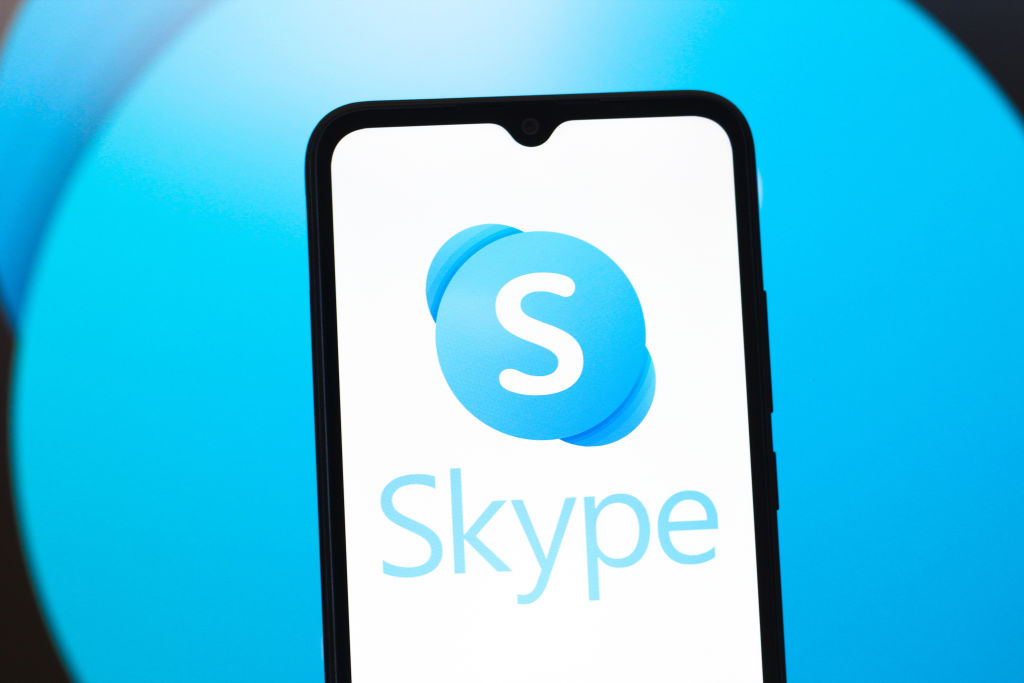RELATED STORIES: Apple Addresses Voice-to-Text Glitch That Changes the Word “Racist” to “Trump”
Microsoft has confirmed that it is shutting down Skype in May 2024, marking the end of the iconic video-calling platform that revolutionized online communication. The announcement, reported by the Associated Press, states that Microsoft will retire Skype and transition its services to Microsoft Teams.
The decision comes 14 years after Microsoft purchased Skype for $8.5 billion, with the company now shifting its focus to more integrated communication tools under the Microsoft 365 umbrella. While Skype accounts will remain active, users must now log into Microsoft Teams to continue accessing video calls and messaging services.
The Rise and Fall of Skype
A Game-Changer in the Early 2000s
Skype was founded in 2003 by a team of engineers in Tallinn, Estonia. It quickly gained popularity by offering internet-based calls, eliminating the need for traditional landlines.
Key milestones in Skype’s history:
- 2003: Founded as a peer-to-peer internet calling platform
- 2005: eBay purchases Skype and introduces video calling
- 2011: Microsoft acquires Skype for $8.5 billion
- 2013: Skype replaces Windows Live Messenger
- 2020: Skype usage spikes during the COVID-19 pandemic
- 2024: Microsoft announces its shutdown in May
Despite being an industry pioneer, Skype gradually lost ground to Zoom, FaceTime, Google Meet, and Microsoft Teams.
Why Is Microsoft Shutting Down Skype?
According to Microsoft, the company is phasing out Skype to consolidate its communication services under Microsoft Teams, which is now the preferred platform for businesses and personal users. The shutdown of Skype is primarily due to its declining popularity, as competitors like Zoom and WhatsApp have dominated the video-calling space, leading to a shrinking user base.
Additionally, Microsoft Teams provides better integration with Office 365, making Skype’s features redundant and obsolete. Furthermore, Skype’s peer-to-peer infrastructure struggled to keep pace with modern cloud-based solutions, ultimately making it less efficient and sustainable for Microsoft’s evolving communication ecosystem. Despite its groundbreaking legacy, Skype simply couldn’t keep up with the changing landscape of digital communication.
Those who previously used the platform also reminisced about the time when they used it to communicate with friends and thought it was groundbreaking.
Final Thoughts
Microsoft’s decision to shut down Skype marks the end of an era for one of the most influential communication platforms of the 21st century. While the move may not come as a surprise, it’s still a major milestone in the evolution of online communication.






